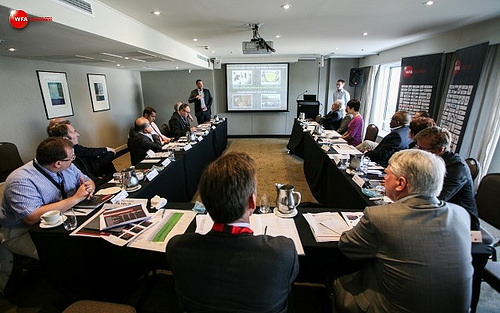New provisions in Chinese Draft Advertising Law pose restrictions
03/09/2013
Back to the overview
The Chinese Legislative Affairs Office, an administrative legal advisory body to the Prime Minister, is currently reviewing the Chinese Advertising Law (1994). Although the latest draft encourages advertising self-regulation, it also increases the restrictions on deceptive advertising and internet advertising and bans, among others, advertising in schools and kindergartens.
The most significant changes to the current law are the following:
Sign up to monthly WFA news
The most significant changes to the current law are the following:
- In lieu of “advertising” or “commercial communication”, the draft text refers to “information”, thereby potentially extending the scope of application of the new law to non-paid-for advertising, including on the internet.
- The draft text introduces new provisions on advertising to children: Advertisements shall not impair the physical and mental health of minors. Any advertising activities in middle/primary schools and kindergarten or any advertisements in/on textbooks, teaching materials, workbooks, uniforms and school bus of middle/ primary schools and kindergartens are not allowed. Additionally, the draft text states that adverts shall not induce or incite minors to purchase commodities or services and bans the advertising of medicines, medical treatments, medical apparatus/ instruments, tobacco and alcoholic drinks targeted to minors.
- The scope of what constitutes “deceptive advertising” is extended, giving the government greater scrutiny to fine or revoke an advertiser's license.
- The draft text also introduces penalties administered for deceptive advertising stating that the advertiser shall be imposed one million yuan for deceptive ads on the condition that the Advertising costs cannot be calculated.
Sign up to monthly WFA news













































































